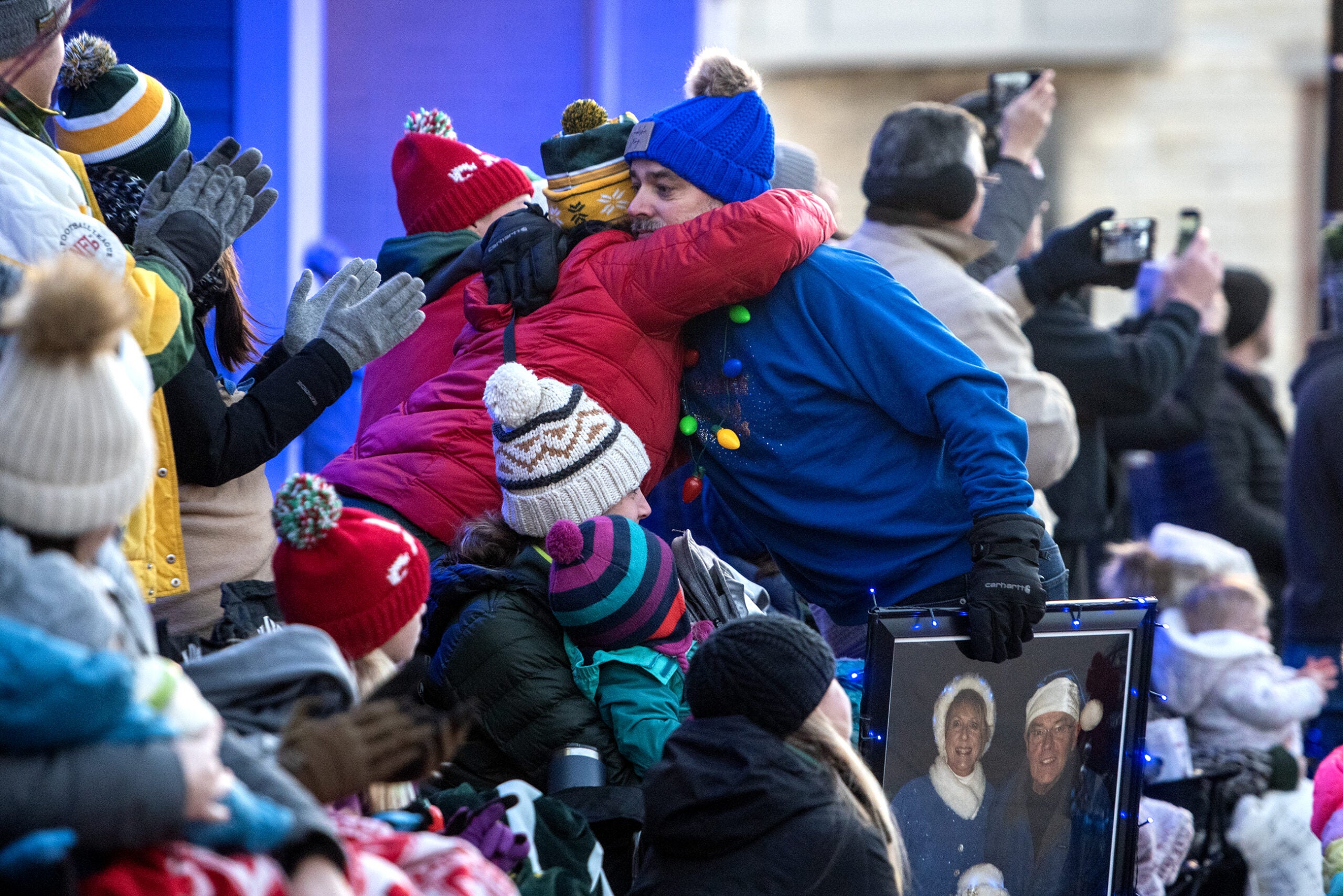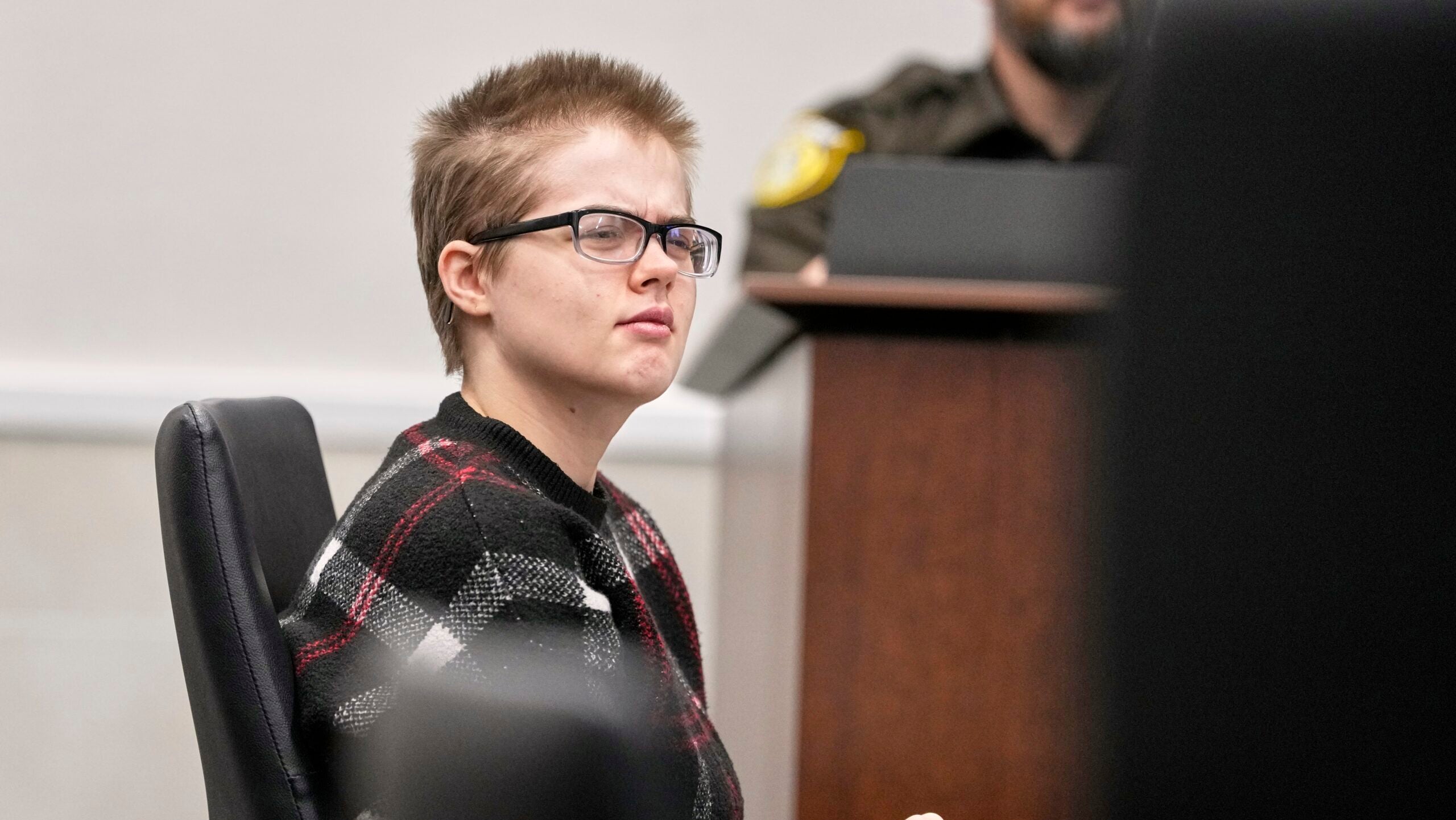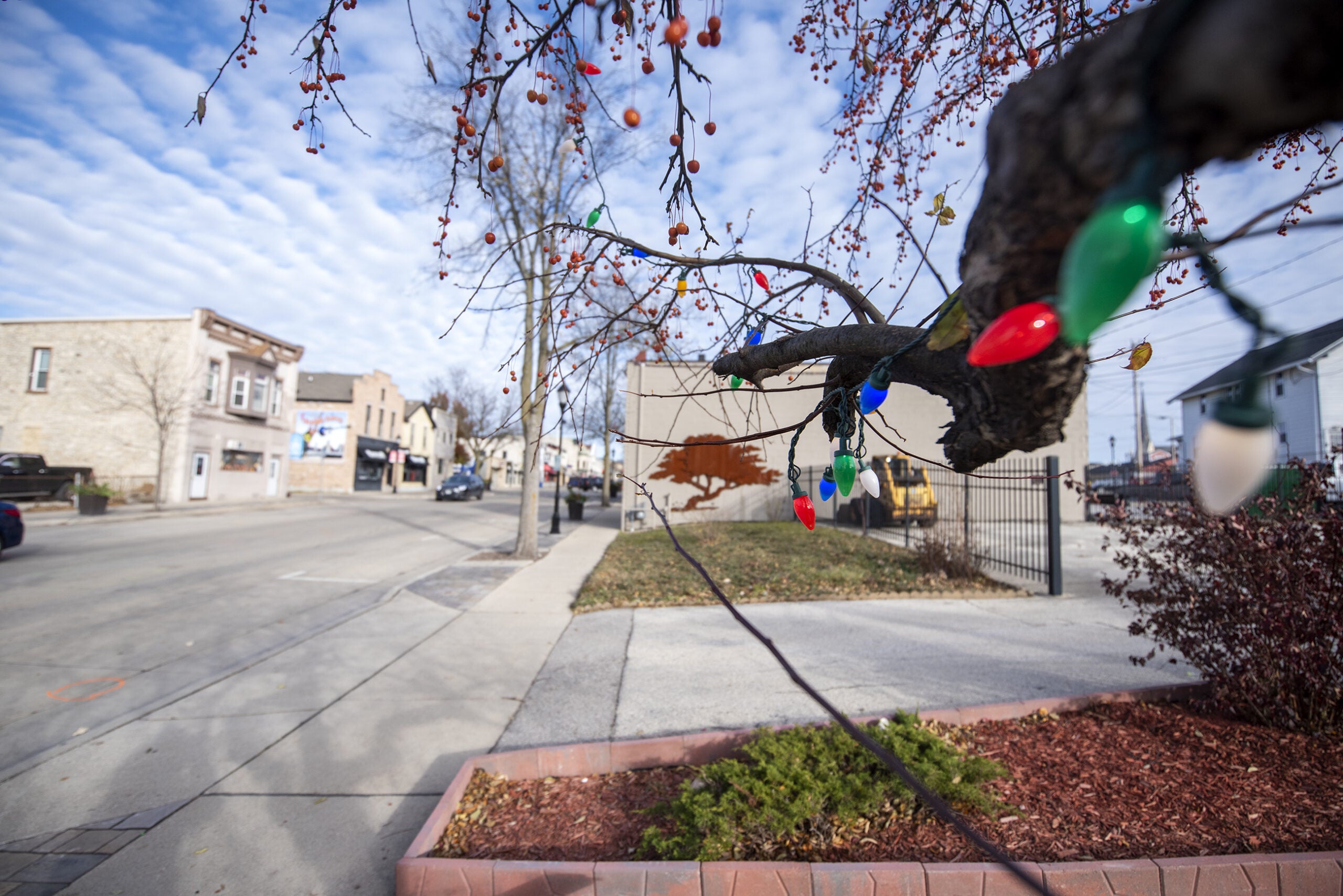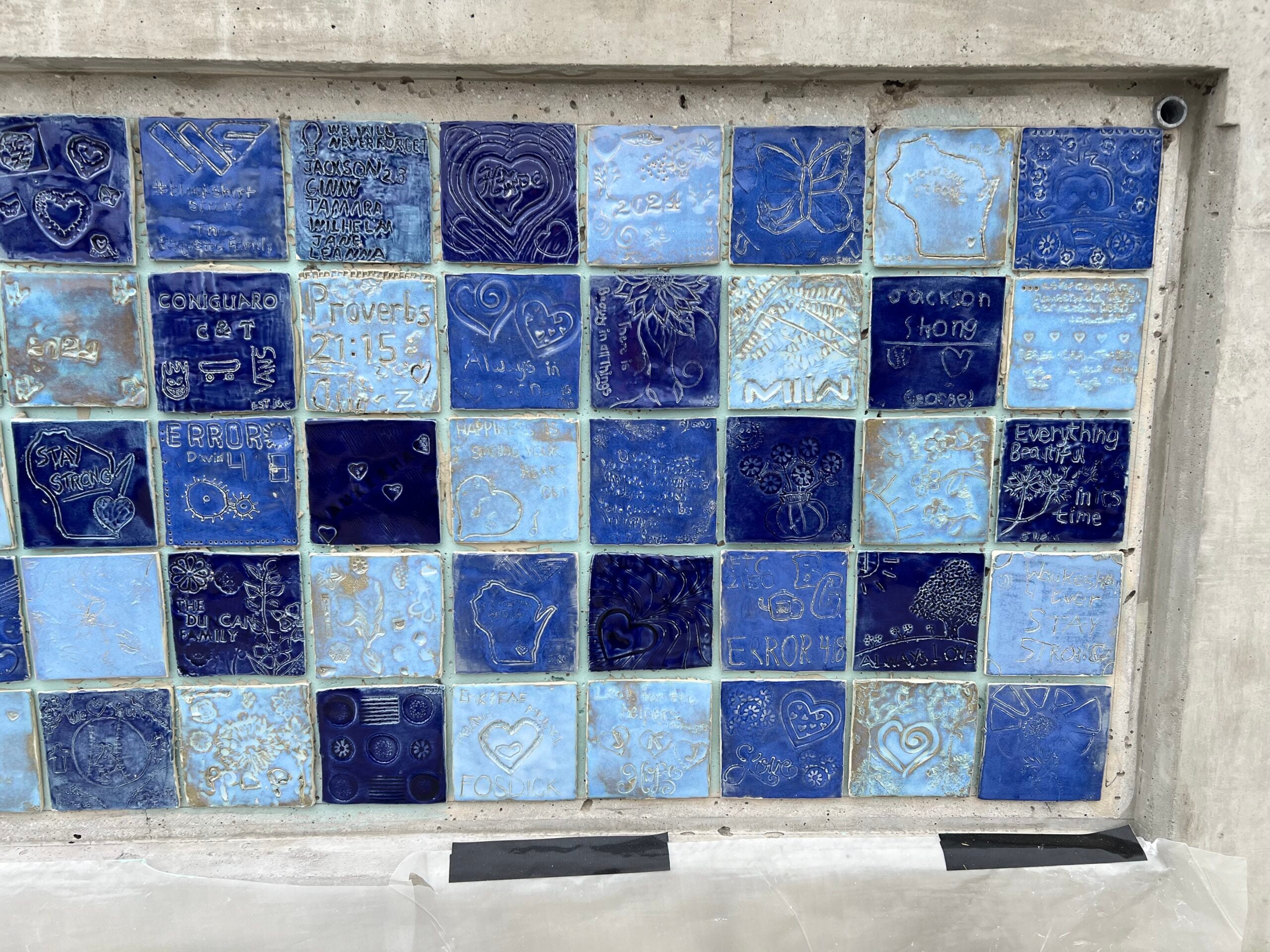Like many others across the state and nation, Tyler Pudleiner turned on his TV Monday to see the unimaginable — a school shooting in Madison had left three people dead and six people injured.
For Pudleiner, it hit home in more ways than one — he was attending Waukesha South High School in 2019 when another student brought a pellet gun to class.
“So just to almost be in that situation, I can’t even imagine what it would be like when your classmates are losing their lives right in front of you,” Pudleiner said.
News with a little more humanity
WPR’s “Wisconsin Today” newsletter keeps you connected to the state you love without feeling overwhelmed. No paywall. No agenda. No corporate filter.
Pudleiner was also walking with his high school marching band in 2021 when Darrell Brooks Jr. drove his vehicle through the crowd of the Waukesha Christmas Parade, killing six people and injuring dozens.
Pudleiner was run over during the attack. He’s had around 30 surgeries so far due to his injuries. He’s still dealing with those injuries today, more than three years later.
After he was injured, he received messages of encouragement and support from strangers. Neighbors and friends brought over blankets and gift cards for him when he was recovering.
“It’s very reassuring to know that you’re not going through it alone,” Pudleiner said about the community support after a tragedy.
“When something happens like that, you don’t necessarily ask for all of that,” he added. “It was very overwhelming during that time, but I’m very appreciative for it now.”
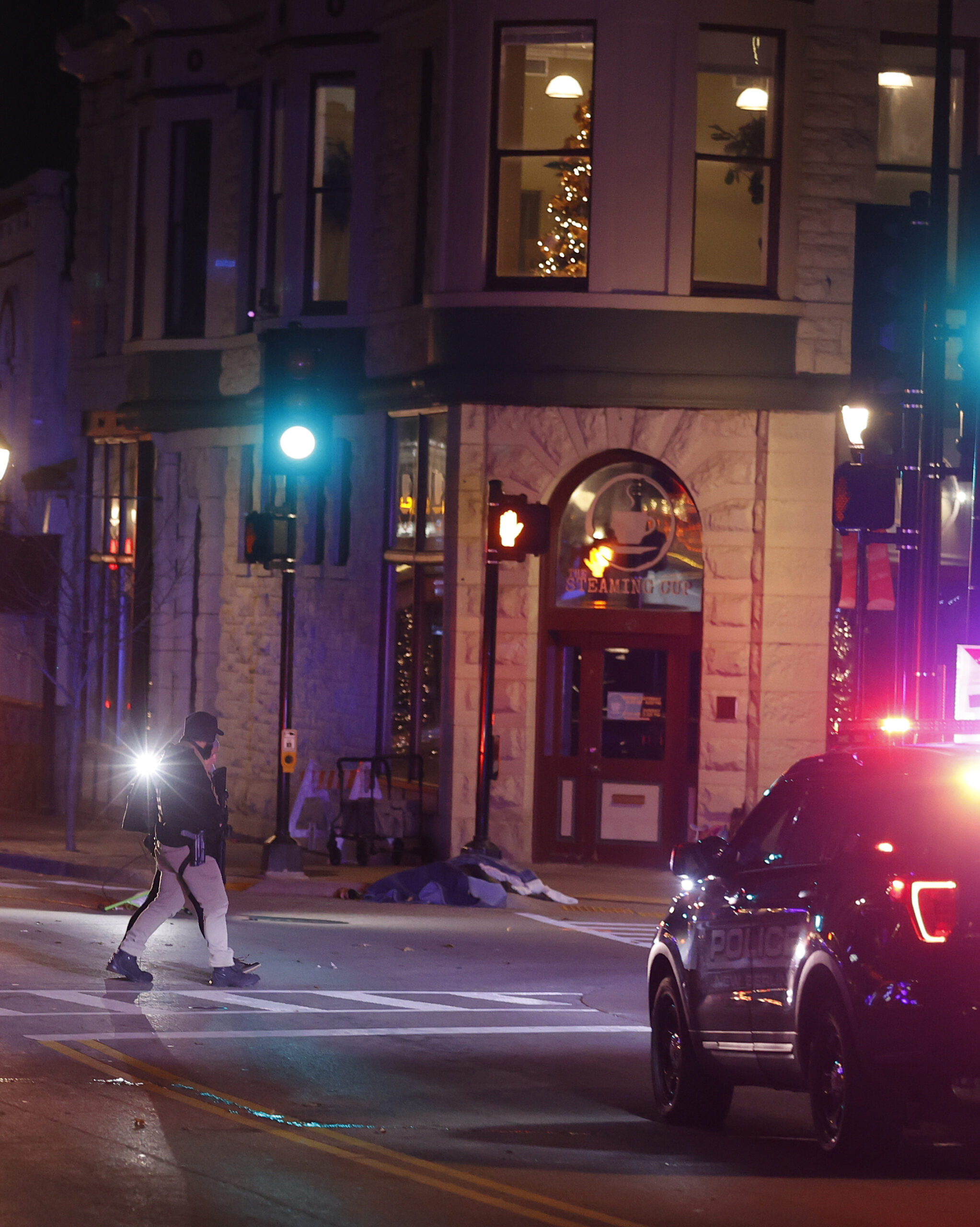
Fundraising efforts are already underway for the victims of the shooting at Abundant Life Christian School in Madison. A vigil was held Monday night, and two more are planned for Tuesday.
In an interview with WPR Tuesday, Pudleiner said he’s thinking of the victims. He said it’s important for them to, “remember that they’re not alone.”
“They have support coming from all kinds of corners,” he said. “They will get through it, and we’re here to support them.”
The Waukesha community also quickly sprang into action after the tragedy in 2021. Waukesha Mayor Shawn Reilly said people put up blue lights outside of their homes and businesses to show their support just days after the attack.
“I think that helped people a lot, just something to focus on,” Reilly said.
Makeshift memorials popped up throughout the city. Fundraisers were set up online. A slogan, “Waukesha Strong,” was also often seen in the area.
“Each community has to work through it,” Reilly said. “The goal here is to not let anger take over, but … be loving for the people who need it.”
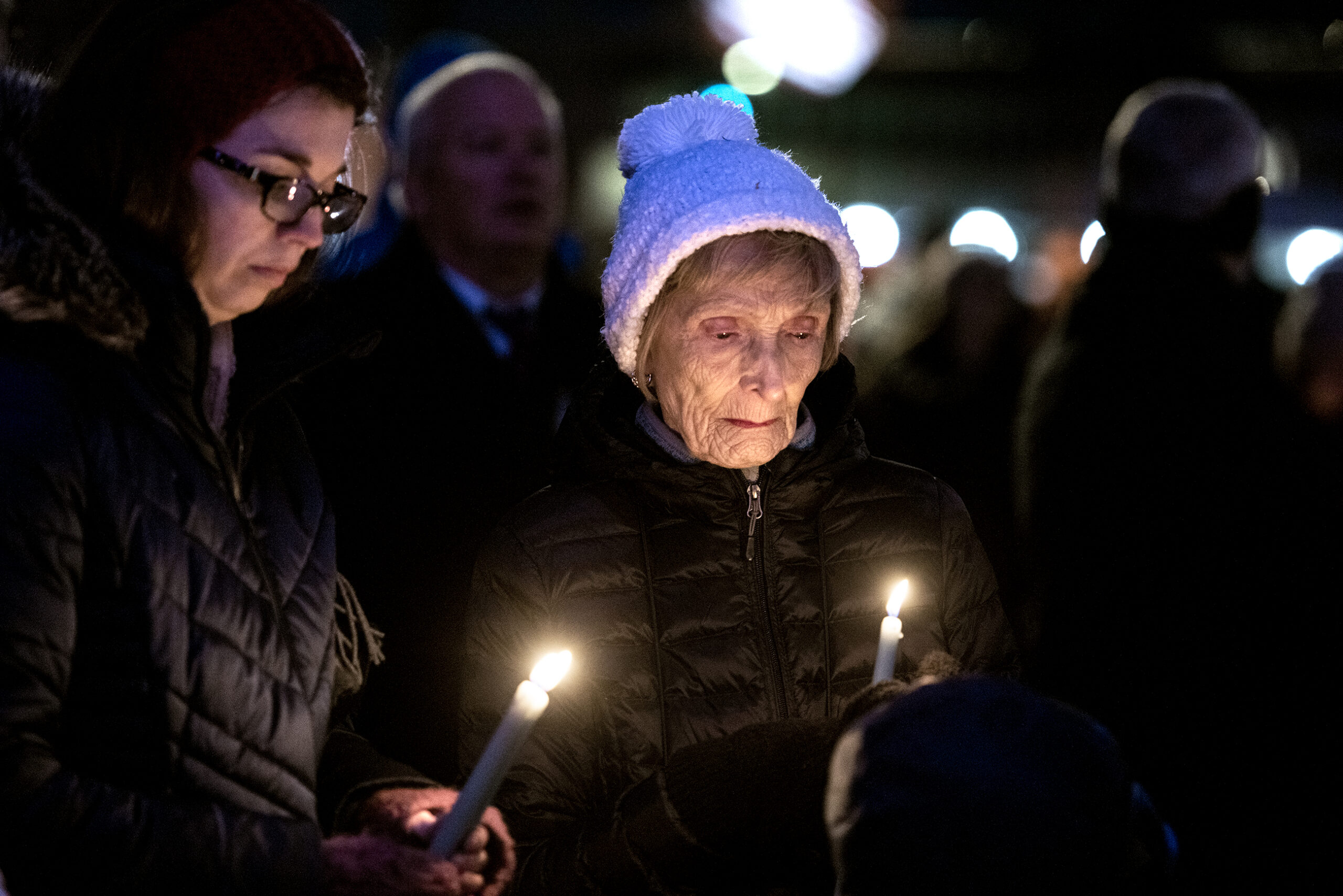
Reilly also received hundreds of emails and phone calls offering support from across the globe. That helped, he said, even though he wasn’t able to respond right away.
Reilly did say it’s important for the community to be patient after a tragedy, as it often takes time for all the answers to come out.
He also said Waukesha is thinking of the Madison community.
“Keep on supporting each other, keep on working, understanding that people grieve differently,” Reilly said.
After his injury, Pudleiner started his own nonprofit, Bobbleheads Bring Us Together, to help other kids who have experienced traumatic events.
“So it’s kind of returning that favor,” he said. “And, you know, all that support that I got, I want to return that and give as much back as I can.”
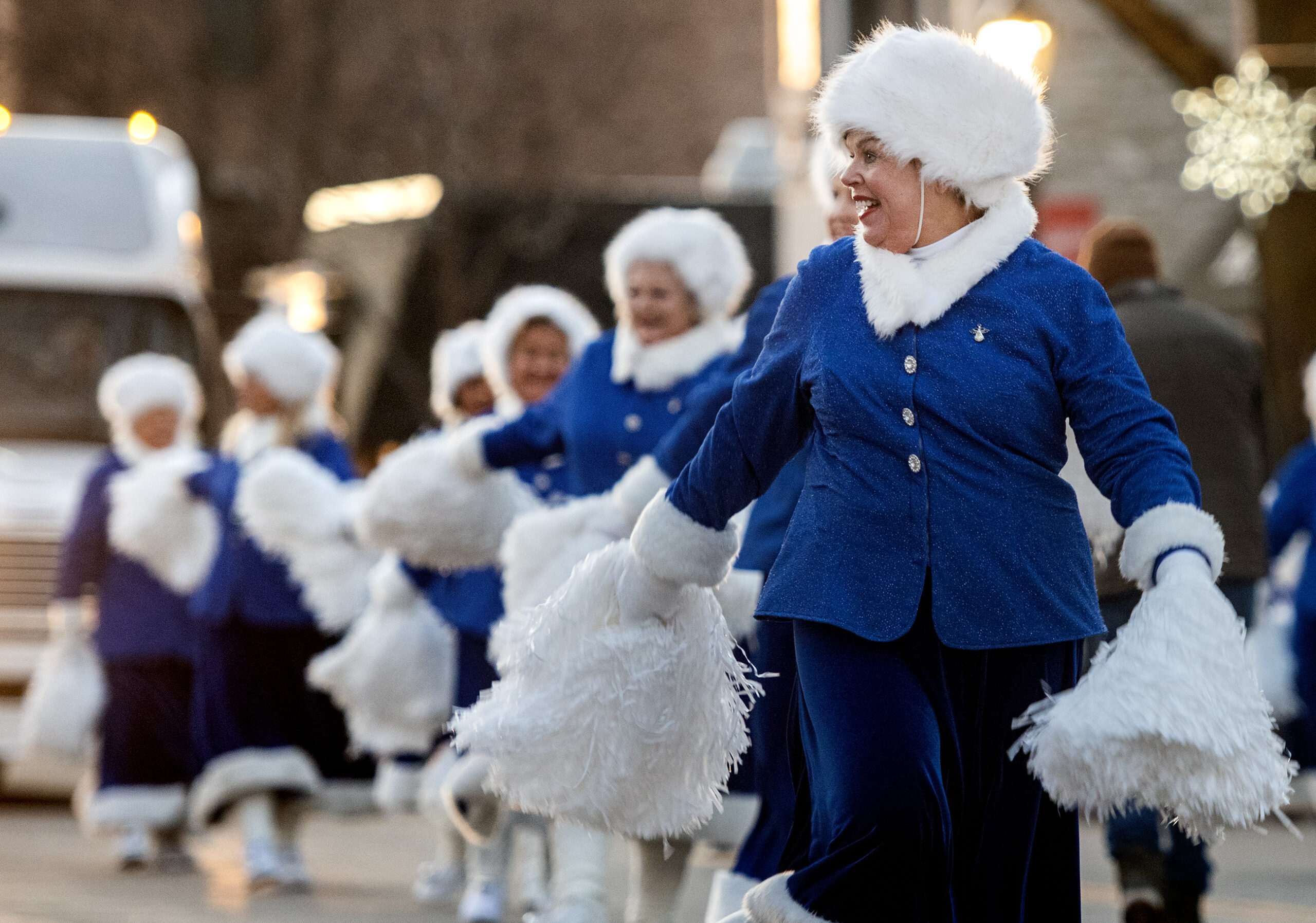
Three members of the Milwaukee Dancing Grannies — Leanna Owen, Virginia Sorenson and Tamara Durand — died in the Waukesha Christmas Parade tragedy.
Jean Knutson has been a member of the dancing group since 2015. She wasn’t at the parade in 2021, but said she was still impacted.
“I think at first you’re in shock, you’re numb,” Knutson said.
“You hear about this stuff, you know, happening wherever, throughout the country, throughout the world. But you never think that it’s going to hit home,” she added.
After the tragedy, the Dancing Grannies had to deal with funerals and canceling parades. Knutson said it takes time to heal.
“You need your support group, people around you,” Knutson said.
Words of kindness from others around the country and world also helped, she said.
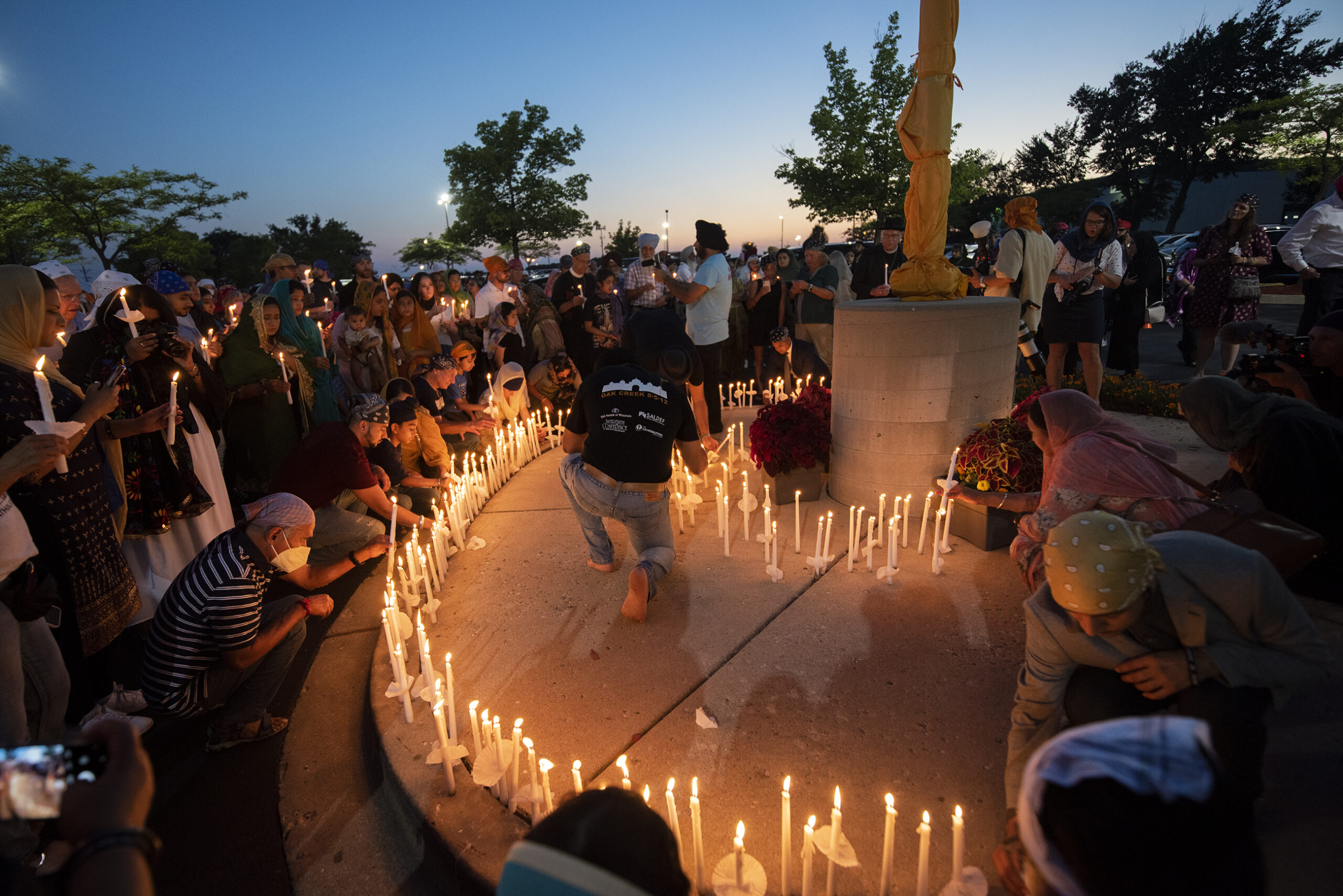
In 2012, a gunman killed seven members of the Sikh Temple of Wisconsin in Oak Creek. Parry Singh was a member of that temple, and he drove to it just minutes after the shooting occurred.
When he heard of the shooting in Madison on Monday, he said he was deeply affected, as he also has a five-year-old child.
“Anytime things like that happen, that reminds us of the same day,” Singh said. “It brings the memories back.”
In the days after the shooting in Oak Creek, Singh didn’t think they’d be able to safely return to the temple. But it was support from the community that made him feel comfortable returning back to his place of worship.
“We saw people from all races, all colors, supporting us … praying for us, making sure we’re all doing good,” Singh said.
“And then they not only supported us mentally, they supported us financially,” he added. “They supported us … at the temple by doing service over there, you know, things like that.”
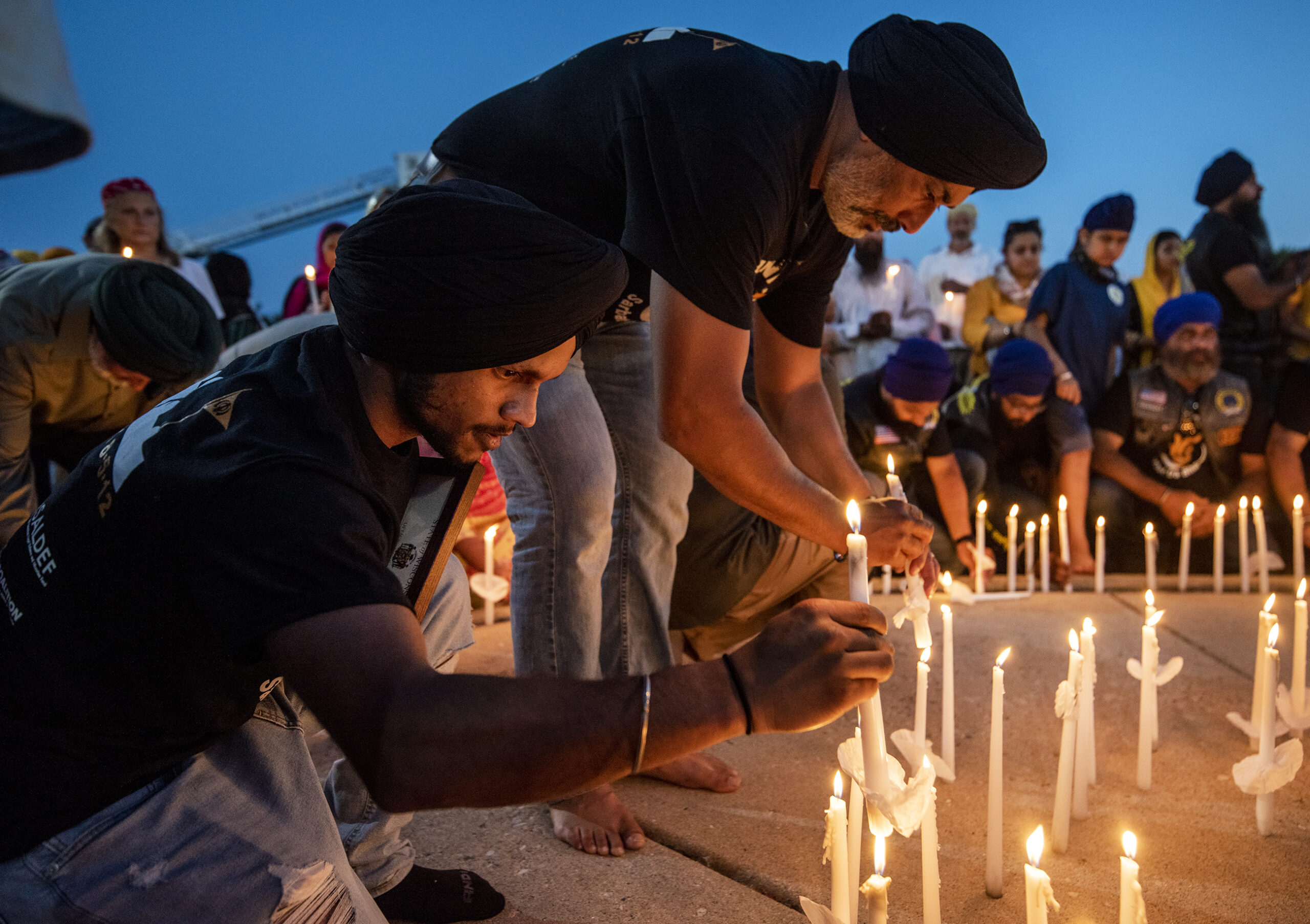
Wisconsin Public Radio, © Copyright 2025, Board of Regents of the University of Wisconsin System and Wisconsin Educational Communications Board.

